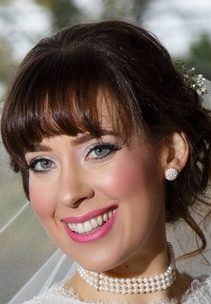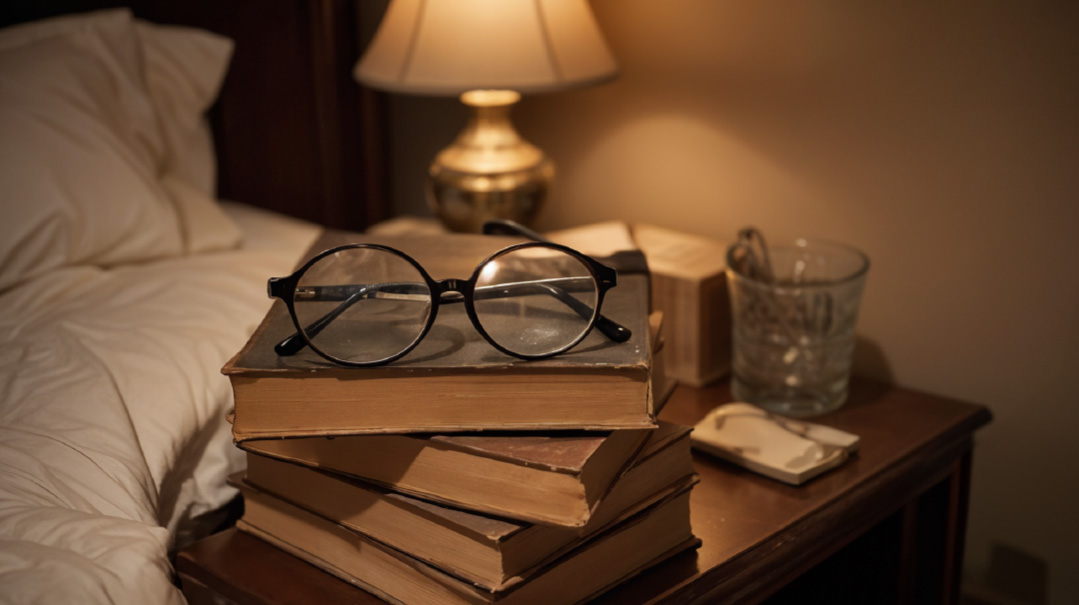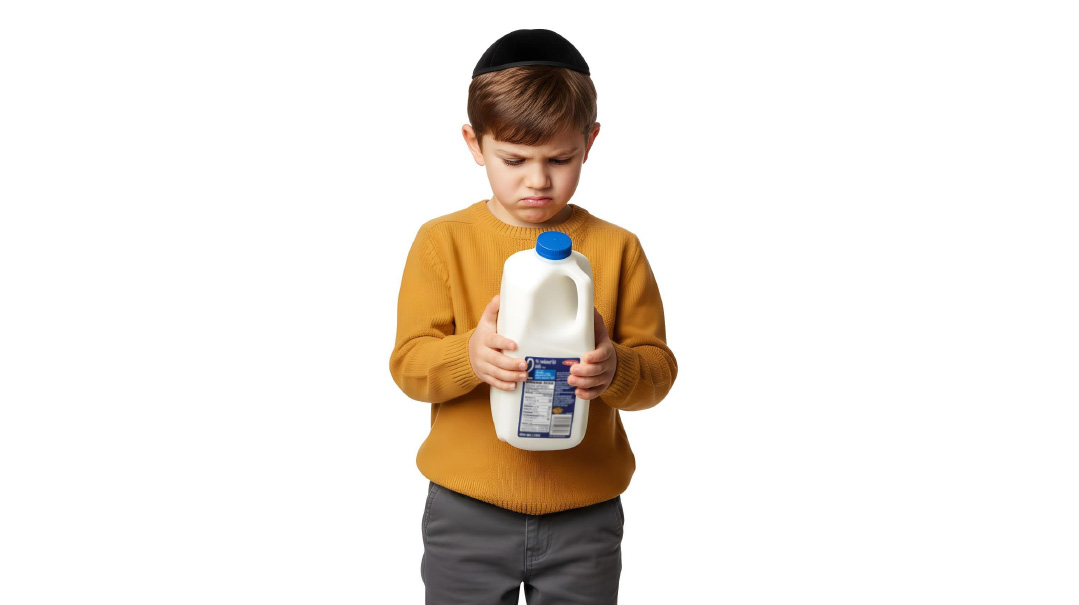To Be Hungarian

Where does the Hungarian end? Where do I begin?

IT was one of those rare, happy accidents when you bump into a pleasant, chatty individual who shares your approximate age and background. As we waited for the delayed train, we fell into easy simpatico.
Our conversation jumped hither and thither in our limited time, at some point touching upon reading, an activity I find necessary for my sanity.
Her eyes lit up. “You also like novels?”
“Are you kidding? Every Shabbos I neglect my children because I can’t put a book down,” I cheerfully replied.
She looked a little sad. “My family doesn’t get it.”
“They don’t?” Disbelief. “Why wouldn’t they?”
“You don’t understand,” she said helplessly. “I’m Hungarian.”
Oops! We could not locate your form.







